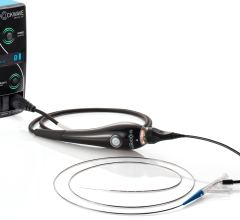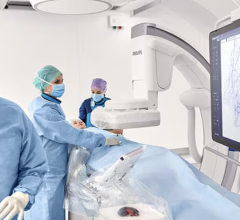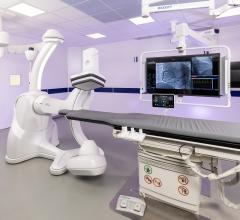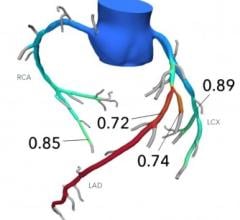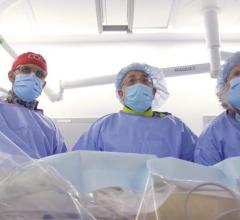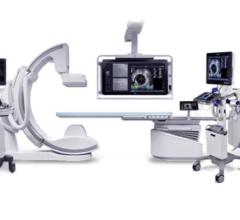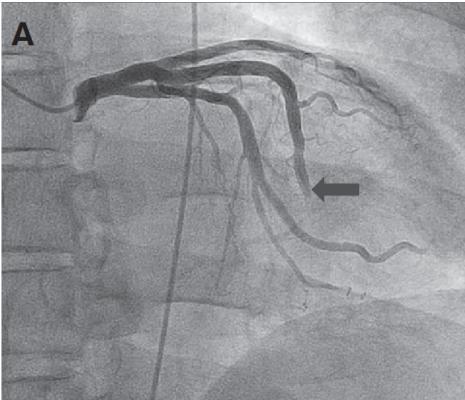
December 27, 2018 — Patients who arrive at the hospital with heart-attack-like symptoms have had little recourse for their chest pain if scans came back clear, with no signs of blocked coronary arteries. Some of these cases are caused by a little-known phenomenon called coronary slow flow. Now, researchers at Jefferson (Philadelphia University + Thomas Jefferson University), have demonstrated for the first time a simple technique to effectively treat this under-recognized condition. They published their findings in the Journal of Invasive Cardiology on Dec. 15.1
“One of the biggest issues with coronary slow flow is that many cardiologists aren’t familiar with it and don’t know what to look for to diagnose it,” said senior author Michael Savage, M.D., director of the cardiac catheterization lab at the Sidney Kimmel Medical College at Thomas Jefferson University. “Here we’ve shown that once you do recognize it, the condition can be treated with an existing and safe medical intervention that reverses the problem.”
Not a lot is known about the coronary slow flow. It is identified by angiogram of the heart, revealing arteries that fill with blood more slowly than normal, even in the absence of fatty plaque deposits. But what causes the condition, and why in 80 percent of cases patients experience additional episodes of chest pain, is still unknown. One association that can be drawn, said first author Hetal H. Mehta, M.D., a cardiology fellow at Jefferson, is that smokers are two-to-three times more likely to experience the phenomenon.
When Savage and others first saw the condition on angiograms of their patients, it appeared similar to the no-reflow phenomenon caused by microvascular spasm during coronary angioplasty procedures. Since that condition could be treated with a drug called nicardipine, Savage and colleagues decided to test it with their coronary slow flow patients. “It worked incredibly well,” he said.
In this study, the researchers analyzed the data and outcomes of 30 patients with coronary slow flow who were treated during cardiac catheterization with an intracoronary injection of nicardipine. They found a total of 49 blood vessels with slow blood flow. After treatment with nicardipine, all of the vessels showed normalized blood flow.
“These results suggest that microvascular spasm may be responsible for this condition, which can be effectively reversed with a calcium channel blocker like nicardipine,” said Savage. “It’s a simple intervention that takes only a few seconds to administer, and helps diagnose the condition and treat it at the same time.”
Nicardipine appears to reverse the condition in the short term, but future studies are needed to explore whether the one-time treatment reverses the condition permanently, or whether patients would benefit from long-term use of an oral calcium channel blocker.
The authors report no conflicts of interest.
For more information: www.invasivecardiology.com
Reference
1. Mehta H.H., Morris M., Fischman D.L., et al. The Spontaneous Coronary Slow-Flow Phenomenon: Reversal by Intracoronary Nicardipine. Journal of Invasive Cardiology, Dec. 15, 2018.


 December 20, 2023
December 20, 2023 

